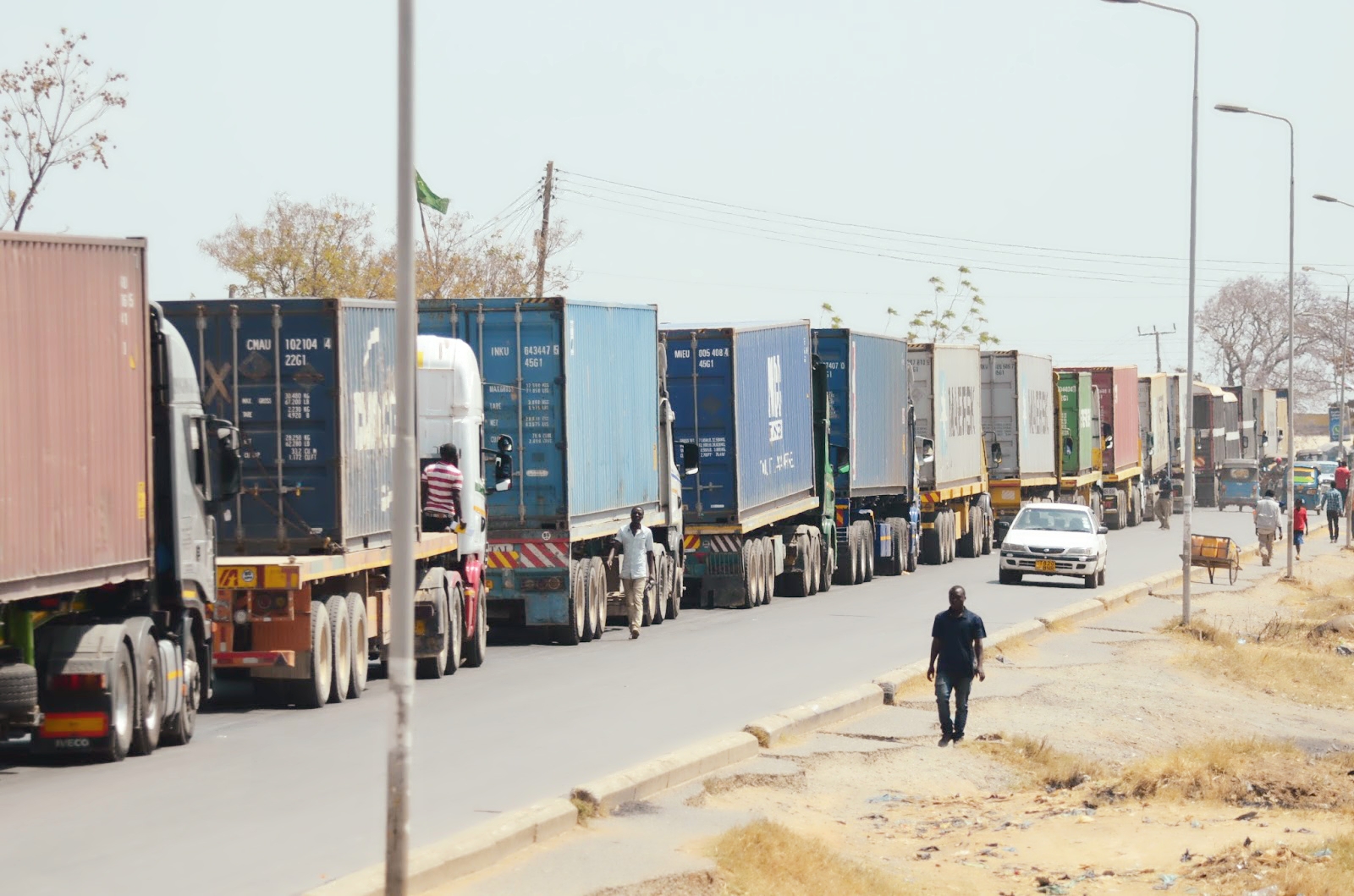Prime
Maize farmers yet to receive Sh63bn payment from NFRA

What you need to know:
- NFRA executive director Dr Andrew Komba acknowledged the delayed payments, attributing the issue to liquidity challenges faced by financiers.
Dar es Salaam. Maize farmers in Tanzania have not received Sh63 billion owed to them for crops sold to the National Food Reserve Agency (NFRA) between July and November 2024.
According to NFRA, the farmers supplied 429,000 tonnes of maize valued at Sh305 billion during the first phase of procurement. However, only Sh242 billion has been paid so far, leaving farmers in various maize-growing regions frustrated. “Most of us haven’t been paid for the produce we sold in September. This has left us without the resources needed to prepare for the next farming season,” said a farmer in Songea, Ruvuma Region, who requested anonymity.
NFRA executive director Dr Andrew Komba acknowledged the delayed payments, attributing the issue to liquidity challenges faced by financiers.
“While we’ve signed contracts with several lenders, their liquidity problems have forced us to make payments in installments. We pay farmers as soon as we receive the funds,” he explained.
Dr Komba assured that payments would be timely during Phase II of procurement, which begins on February 15, 2025.
“This will not be there when Phase II commences on February 15, 2025. The agency will have enough money to pay farmers after trading with our clients: Zambia, the Democratic Republic of the Congo (DRC), and the World Food Programme (WFP),” he added.
Bankers, privy to the matter, have confided in The Citizen that NFRA may have delayed in requesting the money from the financiers.
“As far as I know, we do not have any pending applications from NFRA. We swiftly process all the applications as soon as we receive them,” said a banker who preferred not to be named.
Mr Komba said the agency expects funds from its clients, including Zambia, the Democratic Republic of the Congo (DRC), and the World Food Programme (WFP), to facilitate future payments.
Lucrative $450mn deal
For the 2024/25 season, NFRA is contracted to supply 1,250,000 tonnes of maize to Zambia, the DRC, and WFP, worth $450 million (about Sh1.17 trillion).
Zambia has so far paid for 195,000 tonnes, of which 40,000 tonnes have been delivered. However, the DRC has not made any payments for its order of 500,000 tonnes. WFP has received 5,000 tonnes of the 35,000 tonnes it ordered.
Dr Komba noted that 74 percent of maize procurement for these contracts had been implemented, with NFRA prioritising fulfilling its obligations to Zambia and WFP.
A few challenges
Dr Komba cited several challenges during Phase I, including a shortage of storage facilities and delays caused by farmers’ manually cleaning and sorting maize damaged by rains. To address these issues, NFRA built temporary shelters, increased digital weigh scales from 72 to 206, and plans to introduce modern cleaning technology next season.
By November 2024, NFRA had procured 429,000 tonnes of maize, 30,000 tonnes of rice, and no millet, due to insufficient production in targeted areas.




